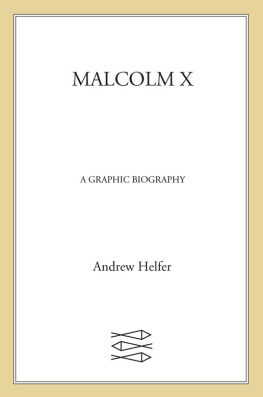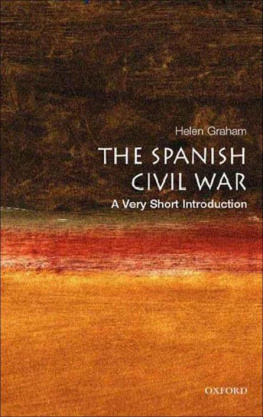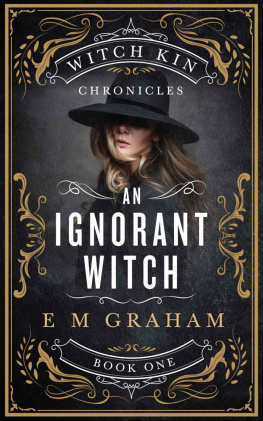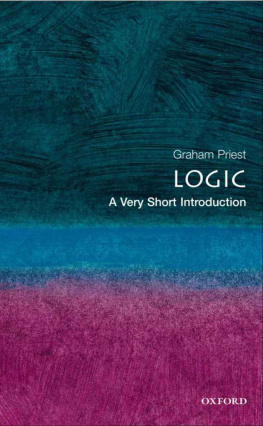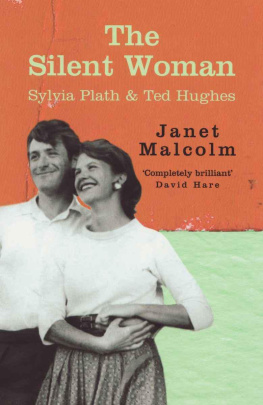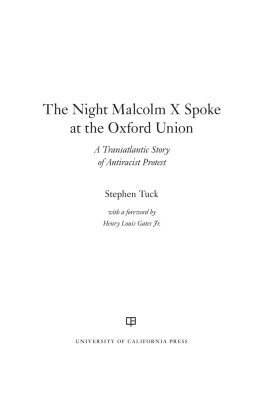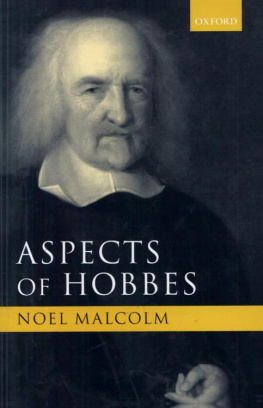
First published in Great Britain in 2014 by
Pen & Sword Military
An imprint of
Pen & Sword Books Ltd
47 Church Street
Barnsley
South Yorkshire
S70 2AS
Copyright Malcolm Graham 2014
ISBN: 9781783462971
The right of Malcolm Graham to be identified as Author of this work has been
asserted by him in accordance with the
Copyright, Designs and Patents Act 1988.
A CIP catalogue record for this book is
available from the British Library.
All rights reserved. No part of this book may be reproduced or transmitted in any form or by any means, electronic or mechanical including photocopying, recording or by any information storage and retrieval system, without permission from the Publisher in writing.
Designed by Factionpress
Printed and bound in England
By CPI Group (UK) Ltd, Croydon, CR0 4YY
Pen & Sword Books Ltd incorporates the Imprints of Pen & Sword Aviation, Pen & Sword Family History, Pen & Sword Maritime, Pen & Sword Military, Pen & Sword Discovery, Pen & Sword Politics, Pen & Sword Atlas, Pen & Sword Archaeology, Wharncliffe Local History, Wharncliffe True Crime, Wharncliffe Transport, Pen & Sword Select, Pen & Sword Military Classics, Leo Cooper, The Praetorian Press, Claymore Press, Remember When, Seaforth Publishing and Frontline Publishing.
For a complete list of Pen & Sword titles please contact
PEN & SWORD BOOKS LIMITED
47 Church Street, Barnsley, South Yorkshire, S70 2AS, England
E-mail:
Website: www.pen-and-sword.co.uk
Many people have provided invaluable help and advice during the preparation of this book, and I would like to thank the following Oxford college archivists and librarians: Norma Aubertin-Potter, All Souls College; Anna Sander, Balliol College; Elizabeth Boardman, Brasenose College and St Hildas College; Judith Curthoys, Christ Church; Julian Read, Corpus Christi College and Merton College; Robin Darwall-Smith, Magdalen College and University College; Rob Petre, Oriel College; Michael Riordan, St Johns College; Anne Manuel and Kate ODonnell, Somerville College.
Colin Harris and Mike Webb drew my attention to valuable resources at the Bodleian Libraries, and Simon Bailey, Keeper of the University Archives, and Julie Anne Lambert, Librarian of the John Johnson Collection, kindly facilitated access to those special collections. I am most grateful to Martin Maw, head archivist at Oxford University Press, for making relevant records available, and to Paul Butler, Secretary of Iffley Historical Society, for sharing research about the Iffley Memorial Institute. Stephen Barker, Harry Staff and Stanley Jenkins of the Soldiers of Oxfordshire Trust have also supplied most helpful information.
I am indebted to former colleagues at the Oxfordshire History Centre who have proved equal to my many requests for relevant material; Helen Drury and Mark Lawrence have been particularly supportive in identifying and supplying images. Behind the scenes, my wife Ros has further burnished her credentials by tolerating this latest distraction and helping me to complete the task.
Image Credits:
Master and Fellows of Balliol College, Oxford: 49
Oxfordshire History Centre, Oxfordshire County Council: 1-7, 9-22, 24-26, 28, 30-43, 45-63, 65-80
President and Fellows of St Johns College, Oxford: 20
Soldiers of Oxfordshire Trust: 124
Somerville College, University of Oxford: 52
Master and Fellows of University College, Oxford: 57
All the other images are reproduced by kind permission of Oxfordshire
History Centre, Oxfordshire County Council.
Talk of an Oxford War Museum became public in May 1917. Envisaged as a hall of memories by Robert Buckell, Mayor of Oxford, it would record the patriotism and heroism of local inhabitants and the part they had played in the conflict. The citys War Museum Committee first met in June and agreed that the scope of the museum would include not only citizens who had served in the forces, and, in many cases, given their lives for their country, but also those who had undertaken other war work.
Reports were commissioned about recruiting and tribunals, hospitals, the Oxford Volunteer Force, Food Control, Queen Marys Needlework Guild, the War Pensions Committee, the YMCA and the Garden Club for wounded soldiers at Mansfield College. Councillor Miss Merivale was asked to obtain information about the work of the women of Oxford. The Oxford photographer, Henry Taunt, was co-opted on to the committee to help gather in photographs of wartime Oxford. Henry Hare, architect of Oxfords Town Hall, prepared a scheme for a Memorial Hall which would house war relics and a record of the citys role in the Great War.
Henry Hares design for a War Memorial Hall in St Giles, 1919. Nothing came of this scheme for a hall of memory, recording Oxfords part in the Great War.
Nothing came of these ambitious plans. The War Museum Committee was diverted into making plans for a City War Memorial in 1919, and St Johns College vetoed the idea of building the Memorial Hall on college land south of St Giless Church because it would obscure views of the church. The Oxford War Museum never saw the light of day but its ambition to record the sacrifices and experiences of all Oxford citizens, men, women, and children, has been a major inspiration for this book. It is unclear how much the museum would have taken account of the Universitys contribution to the war effort, but, as W.E. Sherwood, Mayor of Oxford, wrote in 1915: We have a crisis in which both City and University and indeed the whole Empire is involved, and we shall sink or swim together. The role played by the University and Colleges, in Oxford, in the conflict, and across the world, adds a different dimension to the story of a city at war.
The crisis that Sherwood described had swiftly arisen following the assassination of the Archduke Franz Ferdinand, heir to the Austro-Hungarian Empire, and his wife by Gavrilo Princip, a Bosnian Serb, in Sarajevo on 28 June 1914. Through a bewildering chain of events, the pre-existing alliances between Austria and Germany on the one hand, and Great Britain, France and Russia on the other had the fatal effect of locking each country into a war which each could argue to be an act of self-defence. All the participants anticipated a brief struggle, but contemporaries immediately recognised that this was indeed The Great War.
Outbreak of War
OXFORD ON THE EVE OF THE GREAT WAR had a resident population of 53,000, and accommodated some 3,000 undergraduates during University terms. The 1901 Census, taken during the Universitys Easter vacation, shows that there were more females than males in the city in all age groups over 15. () The city was both the market centre for much of Oxfordshire and North Berkshire, and the home of an ancient University with a national and international reputation. This dual role contributed to Oxfords continuing modest prosperity, even at a time of agricultural depression when rural Oxfordshire was experiencing economic decline and depopulation.
Oxford had no single major industry upon which its fortune depended, and there was indeed a contemporary jest that the city produced nothing but parsons and sausages. In fact, many small industries existed, providing goods and services to both Town and Gown and to the citys growing residential suburbs. In 1901, 880 men and boys were employed in the paper and printing industries, and the University Press was Oxfords largest single employer in 1914, employing around 575 men and more than 200 women and boys. In 1901, 1,303 men worked in domestic service, 609 of them employed in College or Club Service. Transport, building, food, drink and inns, and tailoring were other substantial employers of men, and 662 general labourers were included among the 921 males listed as other workers and dealers. Almost 9,000 of Oxfords 22,800 women and girls over the age of 10 were economically active in 1901, 4,982 of them working in domestic service. A further 1,629 females were employed in tailoring and dress, several hundred at Hydes and Lucass large clothing )






